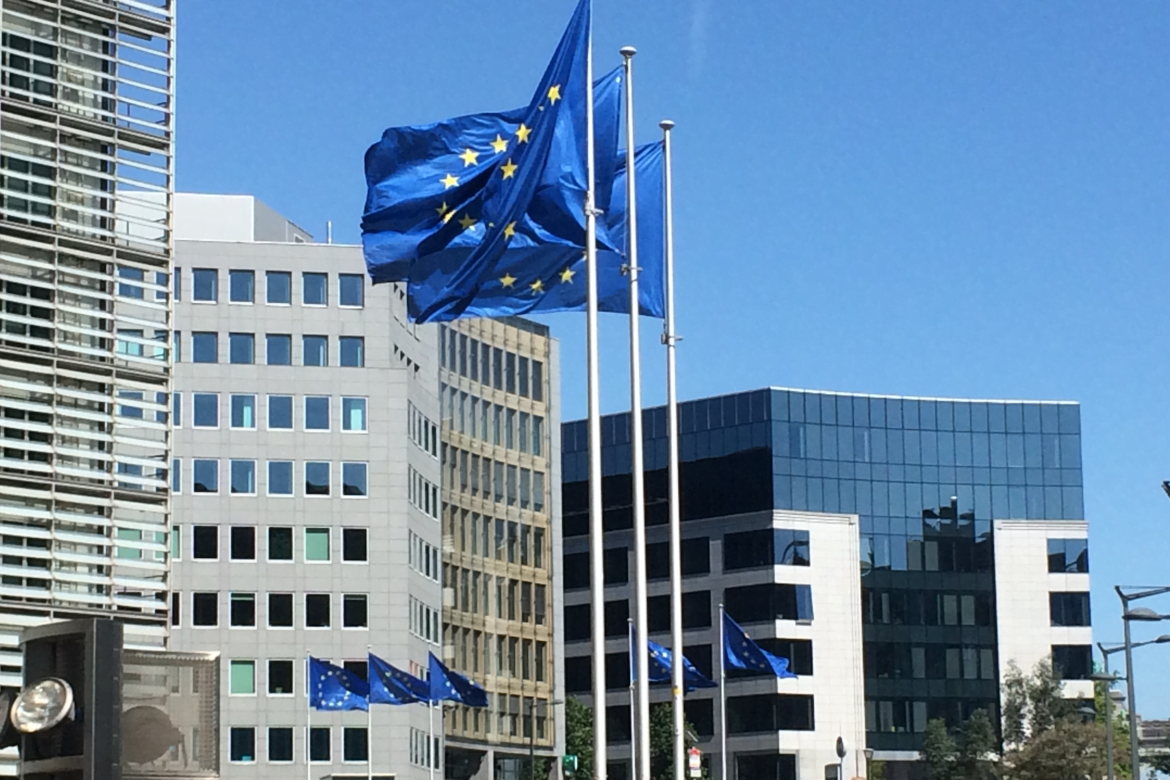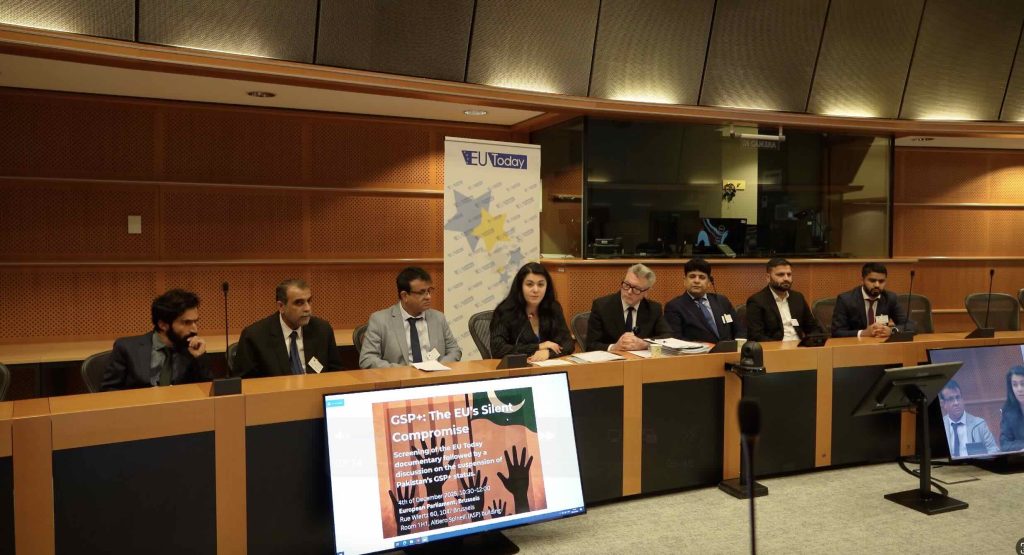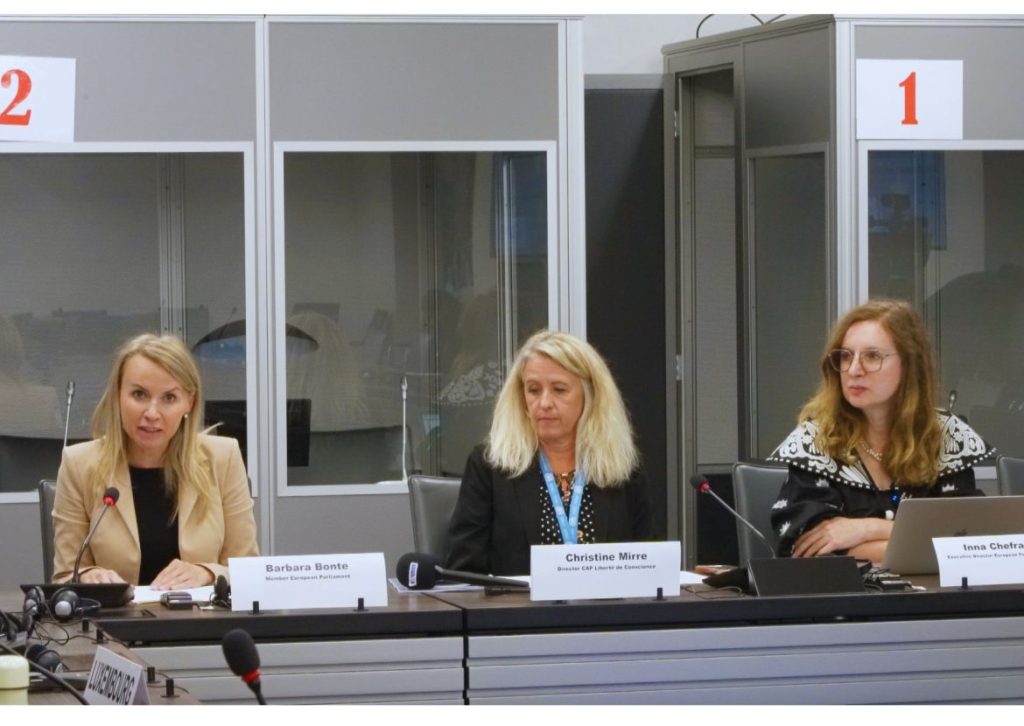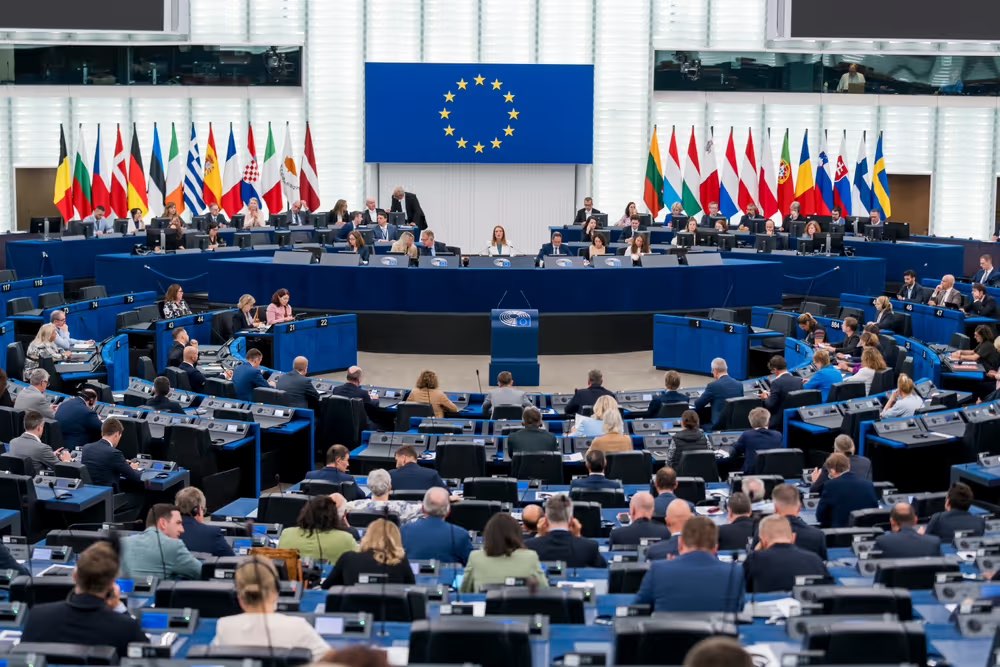The new rules will provide the tax administrations of the EU Member States with payment information allowing them to detect VAT fraud more easily, with a particular focus on e-commerce which is particularly prone to VAT non-compliance and fraud.
This in turn creates holes in the tax revenues that pay for vital public services.
For example, some online sellers with no physical presence in an EU Member State sell goods and services to EU consumers without registering for VAT anywhere in the EU, or by declaring less than the actual value of their online sales.
Member States therefore need strengthened tools to detect and shut down this unlawful behaviour.
How it will work
The new system harnesses the key role played by payment service providers (PSPs) such as banks, e-money institutions, payment institutions and post office giro services, which collectively handle over 90% of online purchases in the EU.
As of January 1st, those PSPs will have to monitor the payees of cross-border payments and, as of 1 April 1st, transmit information on those who receive more than 25 cross-border payments per quarter to the administrations of EU Member States.
This information will then be centralised in a new European database developed by the European Commission, the Central Electronic System of Payment information (CESOP), where it will be stored, aggregated and cross-checked with other data.
All information in CESOP will then be made available to Member States via Eurofisc, the EU’s network of anti-VAT fraud specialists launched in 2010.
This will make it much easier for Member States to analyse data and identify online sellers who do not comply with VAT obligations, including businesses that are not located in the EU.
Eurofisc liaison officials are also empowered to take appropriate action at national level, such as proceeding with requests for information, audits, or deregistration of VAT numbers.
Similar provisions are already in place in some Member States and in other countries and have had a tangible effect in tackling fraud in the e-commerce sector.
Share this post
- Click to share on Facebook (Opens in new window) Facebook
- Click to share on X (Opens in new window) X
- Click to share on LinkedIn (Opens in new window) LinkedIn
- Click to email a link to a friend (Opens in new window) Email
- Click to share on Telegram (Opens in new window) Telegram
- Click to share on WhatsApp (Opens in new window) WhatsApp






